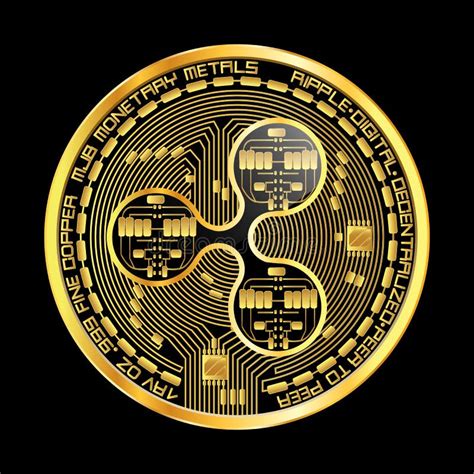3 min de lectura
Ethereum: Is Ripple centralized or decentralized?
CRYPTOCURRENCY
Ethereum: Decentralized or not? Closer by looking at Ripple’s benefits
In recent years, two main players dominated the cryptocurrency landscape: Bitcoin and Ethereum. Although both platforms have their own strengths and weaknesses, one question remains: is the pulsation a decentralized system or centralized? In this article, we will go into the Ripple world and explore its benefits of Bitcoin.
Is the pulsation decentralized?

The main objective of Ripple is to facilitate cross -border payments by allowing fast, cheap and secure transactions in different countries. However, its business model is due to the use of a node network called «to category», which processes customers payments. These nodes are essentially belonging to banks, financial institutions and other organizations.
In essence, the pulsation in the classic sense is not decentralized. The technology underlying the platform allows for peer transactions without the need for intermediaries, such as banks or central authorities. However, the fact that most Ripple revenue comes from paying nodes to participate in the network.
Benefits of Bitcoin
Now let’s check the main asset benefits on Bitcoin:
1
Faster transaction time : Ripple’s Disaster Technology allows you to make transactions faster compared to Bitcoin on a blockchain -based approach. This is achieved using a number of complex mathematical algorithms that allow nodes to confirm transactions in almost real time.
- Lower transaction fees
: While pulsation fees are still higher than Bitcoin, they are usually lower and more predictable. This makes it easier for users to use Ripple for cross -border payments.
3
Increased efficiency : Ripple’s Disaster technology provides faster settlement time and reduced latency compared to traditional payment systems.
Are people still fighting for it?
Despite the benefits of Ripple on Bitcoin, its decentralized nature has not remained unnoticed by some members of the cryptocurrency community. In recent years, the legitimacy of the platform has been the leg and whether it is indeed a decentralized system or simply a centralized unit with nodes that serve as intermediaries.
Some critics say the Ripple business model is heavy on paid nodes that can be considered as manipulation or type of control in the network. Others claim that the company’s attempts to control their technology as decentralized are transparently wrong and are designed to mix users.
Conclusion
In conclusion, although the pulsation may not be technically decentralized in the same way as some other blockchain platforms, its category technology provides significant advantages for cross -border payments. The ability of the platforms to process transactions faster and makes it an attractive opportunity for both financial institutions and individuals.
However, critics continue to raise Conns on Ripple’s business model, which they believe is nothing more than a manipulation or way of control in the network. As the debate on Ripple continues, one thing is clear: the platform is still a prominent player in the cryptocurrency space, both defenders and indigeners have legitimacy.
Update
Starting in September 2015, it is worth noting that Bitcoin has retained its decentralized status during this period without much concern for its legitimacy or operational structure. While Ripple continues to introduce innovations and to promote the boundaries of blockchain technology, its centralized nature remains a topic of discussion between cryptocurrency enthusiasts.